Envy and jealousy are complex emotions.
You already know that envy and jealousy are terrible feelings. They can affect your work, your relationships, and your life.
Gece33 / Getty Images
But why does it actually feel so bad? And how can you make it better? BuzzFeed Life talked to experts in psychology and mindfulness to find out how to tame this common but destructive emotion and how you can give it a positive spin.

There’s a difference between envy and jealousy, but they’re both about fear.

Eduardsv / Getty Images
Envy is the fear that you lack something. It’s a two-part emotion: Person A wants what person B has. For example, you wish you had some other person’s job.
Jealousy is the fear that you will lose something you already have. It is a three-part emotion: Person A is worried about losing person (or thing) B because of person (or thing) C. For example, you think your job is in jeopardy because someone else is doing well at their own job.
Envy and jealousy are both totally normal.

Eduardsv / Getty Images
Envy and jealousy are basically the shitty result of feeling competitive with other people — blame your animal instincts for that.
“In the mammal world, serotonin actually motivates you to feel good when you compare favorably to others,” Loretta G. Breuning, professor emerita of management at California State University, author of Your Happy Chemicals and the founder of the Inner Mammal Institute, told BuzzFeed Life.
When you’re jealous, you can actually feel like you’re being attacked (even if that’s not really the case).
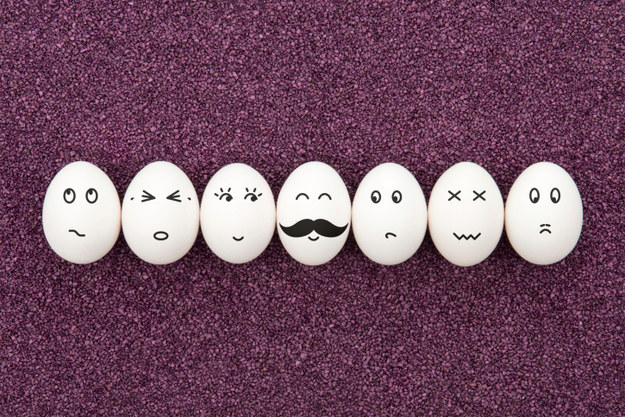
Alexey_boldin / Getty Images
“Animals are constantly comparing themselves to others. When animals are in the one-up position, they think: ‘I can go for the banana.’ But if they’re in the one-down position, they think: ‘I better not go for that banana, because I’ll get bitten,’” said Breuning.
So when you’re jealous, your inner animal thinks that your actual survival is threatened.

Remember that jealousy is actually more about you than the other person.

David Franklin / Getty Images
According to Susan Piver, Buddhist mindfulness teacher and best-selling author of The Wisdom of a Broken Heart, envy and jealousy are actually more about the self than the other.
“If I really think about it,” Piver said, “I don’t actually want others not to have things that make them happy. What I find in myself is a tremendous well of longing for my own joy. And that longing is not bad in any way; it’s something to be embraced. And it sort of takes other people out of the equation.”
Get off the internet.

Winnond / Getty Images
The internet is an envy amplifier. Social media in particular is a hotbed for envy and jealousy triggers. When you feel yourself getting jealous or envious, take a break from your feed for a while.
Wait 20 minutes.

Patronestaff / Getty Images
When you see something that sparks envy or jealousy, take 20 minutes to calm down before reacting or leaving comments or judging yourself. That’s roughly how long it takes for your acute stress levels to even out, Breuning says.
Acknowledge your jealousy and envy.

Patronestaff / Getty Images
“Try to avoid projecting those feelings and saying: I must be mad because of this or that,” said Breuning. “It’s OK to say: ‘I feel bad about being in the one-down position.’”
Be more clear about your own goals.
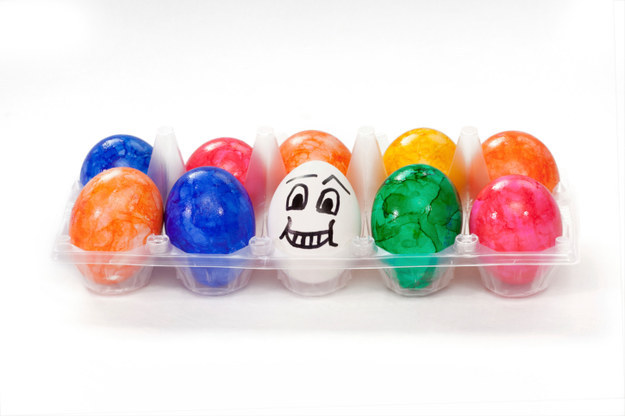
Edenwithin / Getty Images
It’s possible (and common) to feel envious of something you don’t actually want for yourself. The more you focus on your actual goals, the less you’ll even notice what everyone else is accomplishing, and the quicker you will achieve your own specific benchmarks for success.
Brag about yourself.

Smile !! / Getty Images
Sometimes you can’t get away from others’ self-congratulation and public acknowledgment, so one way to reduce your own envy is to say out loud the things about yourself you’re most proud of. Even telling one other person or a group of trusted friends can help maintain your self-image. Shifting your focus to the things in your life that you’re happy about can dramatically alter both your mood and your perspective.
Create micro opportunities for feeling like you’re on top.

Peercreative / Getty Images
Try to create circumstances where you can give in to that primal feeling of being ahead, says Breuning. Some people do this with sports, where you have tons of micro recognitions of being in the lead.
Instead of comparing yourself to your peers, compare yourself to your ancestors.
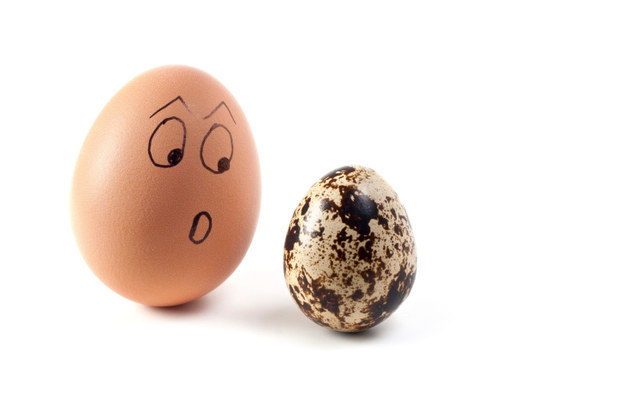
Sosha / Getty Images
Breuning says this is the best way to change your perspective and feel like you’re ahead of someone without needing to be a jerk about it. “When you study history,” Broening said, “you realize that our ancestors had horrible lives! In the past, if you didn’t chop enough wood, you would freeze to death before spring. And people complain now that the weather prediction was wrong.”
Disengage from the things you’re most envious of.

Gece33 / Getty Images
Mute or unfollow or unfriend people who cause you to feel the most envious until you can change your perspective.
Express gratitude for things you have.
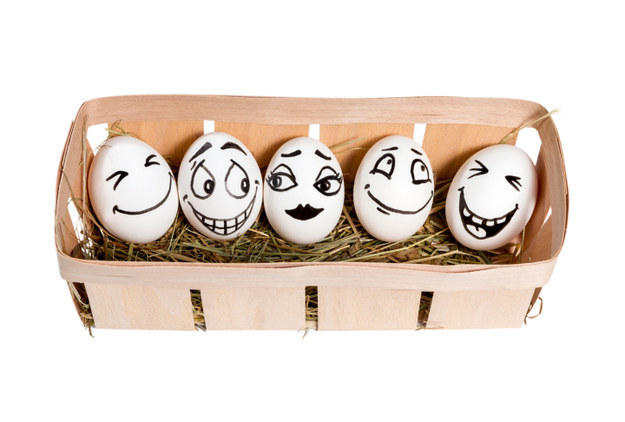
Grashalex / Getty Images
Gratitude reminds you that you have been in the one-up position before, and have benefited from it. “Your self-esteem is bolstered when you say, ‘Hey, people have done things for me,’” said Robert Emmons, a gratitude researcher at the University of California at Davis in Psychology Today.
Be generous with your time and money.
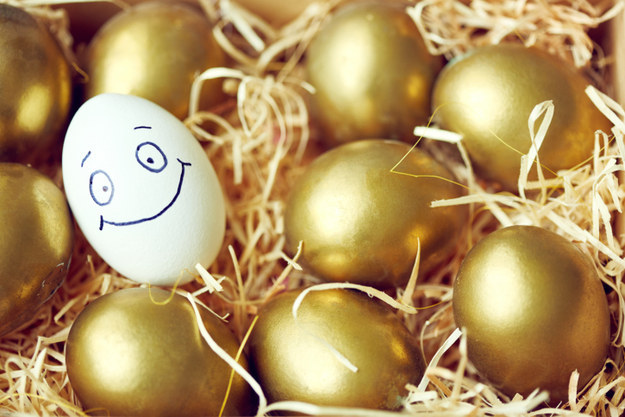
Shironosov / Getty Images
The more you spend time with those who are less fortunate than you, the more you’ll be able to recognize the difference between what you think about someone’s life and what their life is really like.
Talk openly about your envy and how it affects you.

Idildemir / Getty Images
These are normal and common emotions, but if your feelings of envy or jealousy are taking a serious toll on your work or your relationships, talk to a licensed therapist or psychiatrist or at least a close friend or mentor about your feelings.
Or talk directly to the person whom you envy.
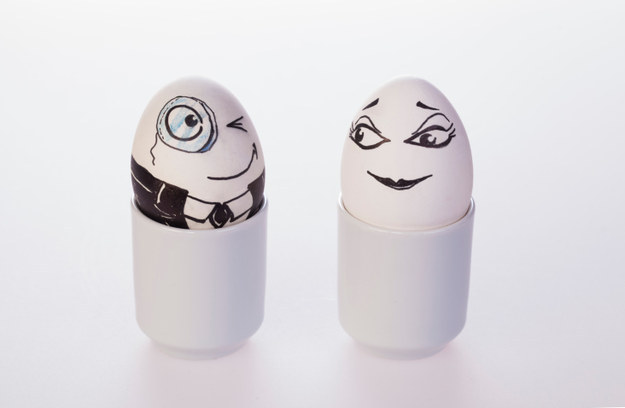
Viviamo / Getty Images
It might seem like someone has your dream job, but until you talk to the person who has it, you never know what it’s really like and what it took for them to get there.
Notice when your envy directs you to someone who could help you.
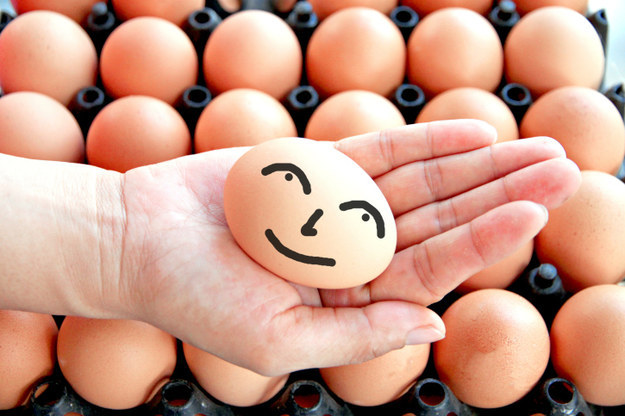
Meepoohyaphoto / Getty Images
Being envious of someone’s career might be an indication that you want to take a similar path. You might have found a new role model or mentor, even if that person is younger or the same age as you.
Congratulate others and celebrate their success.
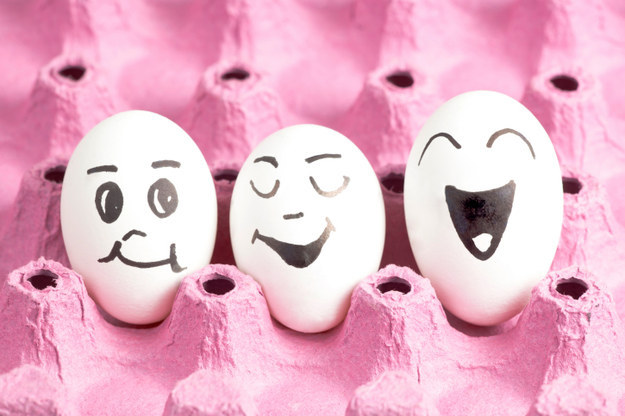
Gece33 / Getty Images
“In Buddhism,” said Piver, “the opposite of envy and jealousy is what’s called ‘sympathetic joy,’ which is taking genuine pleasure in other people’s happiness and success. Not in the sense that you’re like “oh, that’s nice for them” but more that you find your own storehouse of happiness has increased when someone else’s has. So it becomes about you in this funny way. Their happiness can actually make your experience of life more joyful.”
“The bottom line,” said Breuning, “is that you naturally want to be in the one-up position, but you’re not going to be all the time.”

Gece33 / Getty Images
Nobody on earth feels like they’re on top every minute, and if they do they’re constantly worried about losing that position. But if you work with your envy, you can achieve a greater sense of empathy, joy, gratitude, and even success.

















